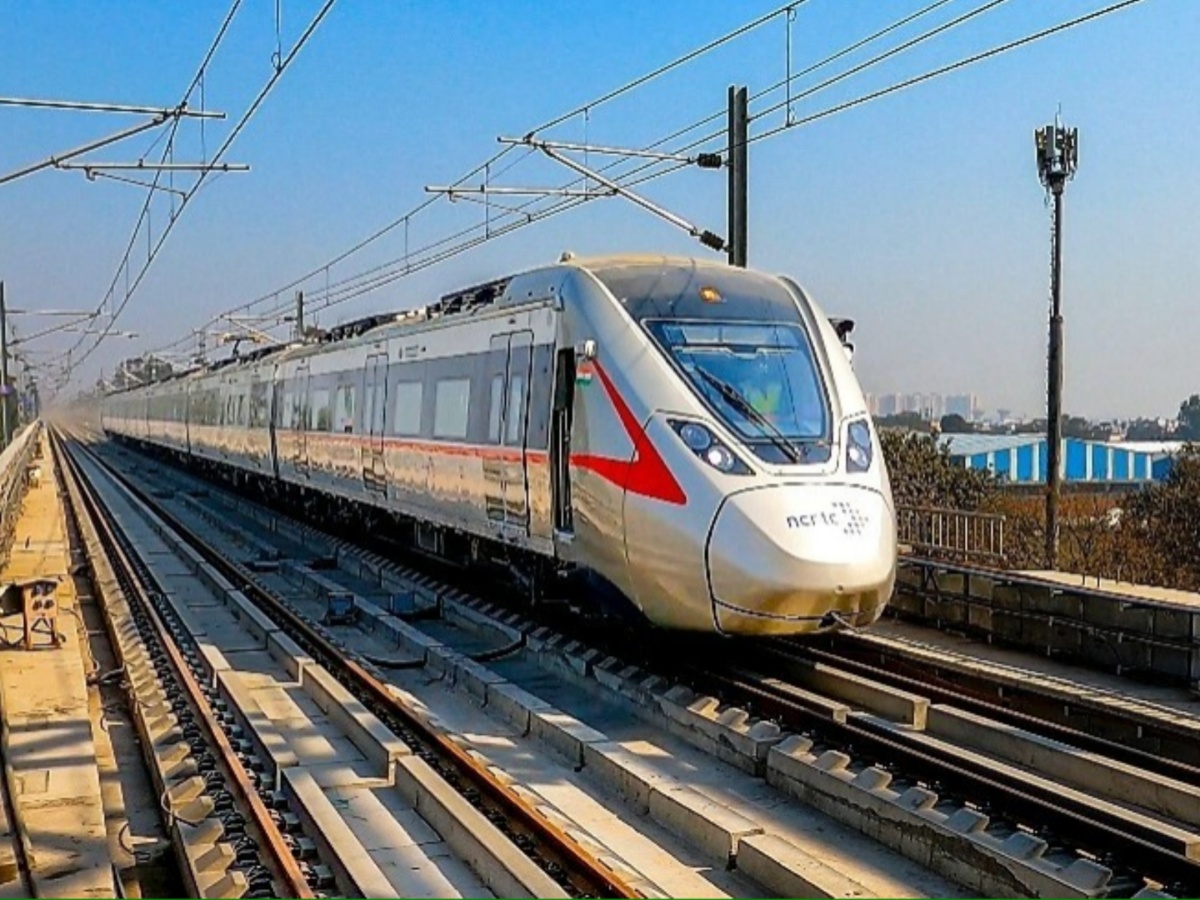The Delhi Government is set to launch a unified ticketing system across its public transport modes, connecting metro, bus, and rapid rail services under a single smart platform. This initiative aims to offer commuters a smoother, time-saving experience while also strengthening green mobility in the capital.
The proposed system will be rolled out under the newly formed Unified Metropolitan Transport Authority (UMTA), a dedicated body that will coordinate Delhi’s fragmented transport ecosystem. At present, the city’s transport services — from metro trains to buses to the semi-high-speed Namo Bharat corridors — function under separate agencies, often leaving passengers to navigate disconnected schedules and payment systems. UMTA seeks to bridge these gaps. Once operational, commuters will be able to access metro trains, Delhi Transport Corporation (DTC) buses, the new DEVI electric bus fleet, and regional rapid rail services with a single ticket or card. This single-window ticketing infrastructure, modelled on global best practices, is expected to reduce passenger hassle, minimise travel time, and significantly cut down reliance on private vehicles.
Beyond commuter convenience, UMTA has a broader mandate — to coordinate traffic planning and streamline city-wide road usage. Agencies such as Delhi Metro Rail Corporation (DMRC), Delhi Pollution Control Committee (DPCC), traffic police, finance and urban development departments will come under its ambit. Their integration is expected to bring more transparency in route monitoring, traffic data accuracy, and enforcement efficiency. This step aligns with Delhi’s long-term vision of building a zero-carbon, equitable, and sustainable urban transport system. City planners anticipate that improved last-mile connectivity, along with real-time traffic management, will help reduce congestion hotspots and urban emissions. In a city where road transport contributes significantly to air pollution, such integrated moves could have far-reaching public health implications.
A key pillar of the new mobility framework is the expansion of the eco-friendly DEVI (Delhi Electric Vehicle Interconnector) bus fleet. On June 27, the city will see the addition of 100 new electric buses tailored for navigating inner-city lanes and congested areas. These nine-metre-long buses are equipped with GPS, CCTV cameras, digital route displays, and ergonomically designed seating, all aimed at offering a safer and more comfortable ride. The DEVI buses form a critical link in bridging last-mile travel gaps — a chronic challenge in public transport networks. Currently, around 600 such electric buses operate in Delhi, and with the latest induction, the government intends to cover more routes in residential and narrow stretches that are otherwise difficult for standard buses to access.
With the city increasingly leaning into electric mobility, the DEVI initiative not only offers a green travel option but also reduces operating costs over time. By creating a reliable and eco-conscious alternative to private vehicles, these buses are expected to support the city’s broader climate goals and reduce particulate emissions in residential neighbourhoods. The proposal for UMTA has already been drafted and is expected to move to cabinet approval shortly. Once cleared, its implementation will commence in phases, with technical integration of ticketing systems being the top priority. For citizens, the ability to hop from a bus to a metro to a rapid train without purchasing multiple tickets could revolutionise daily commuting — particularly for women, students, elderly citizens and daily wage earners, who stand to gain the most from reliable and low-cost transit.
If executed as envisioned, this project could mark a paradigm shift in how Delhi moves, shifting the focus from individual vehicles to clean, connected, and commuter-first public transport. In the context of rising urban populations and climate urgency, Delhi’s move could well serve as a model for other Indian cities seeking to modernise mobility with sustainability at its core.
Also Read :PM to unveil Mizoram rail route linking Aizawl city


